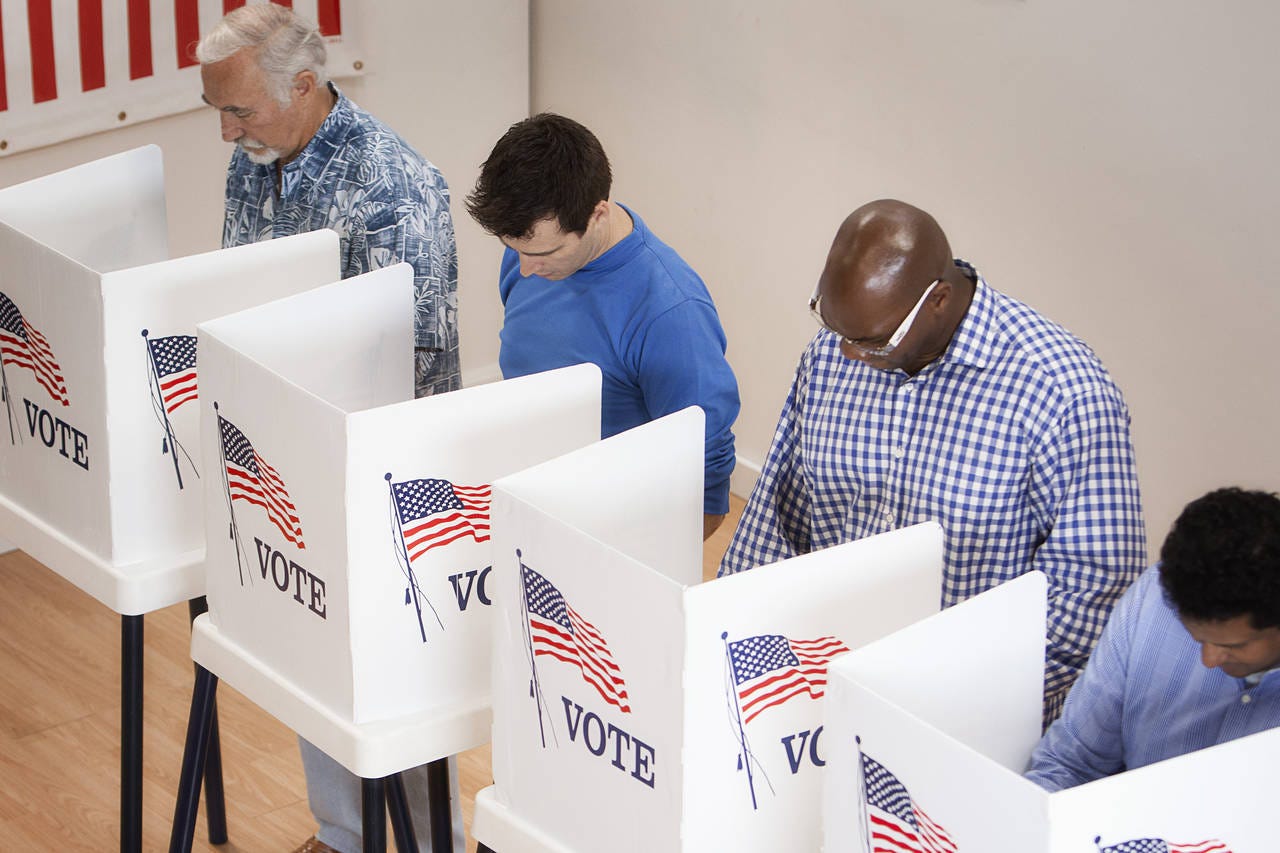Why do people vote for Trump, part 3
A Trump voter emails.
At worst, Donald Trump is going to get 46%-ish of the national vote in 31 days time.
In an attempt to better understand the logic behind those Trump voters, I put out an open call for people backing the former president to write in and tell me (and us) why.
The first of those explanations is here. The second is here.
I offer another below — via an email fr…
Keep reading with a 7-day free trial
Subscribe to So What to keep reading this post and get 7 days of free access to the full post archives.


